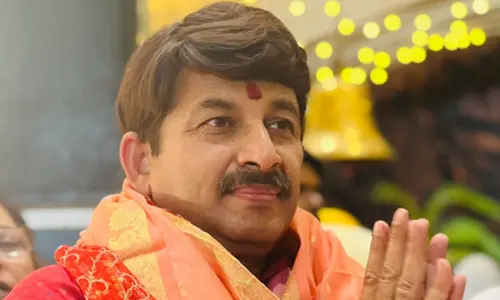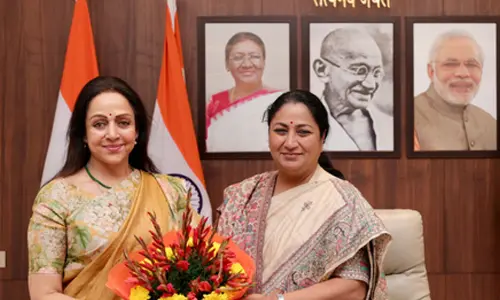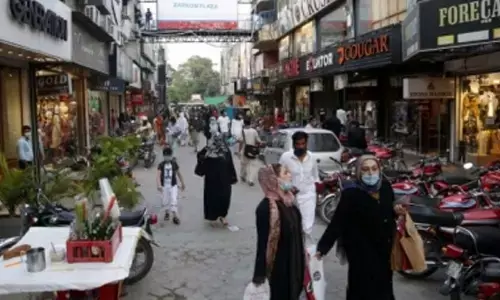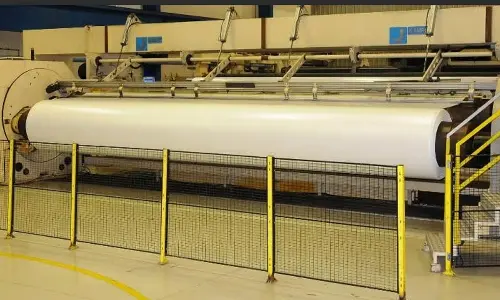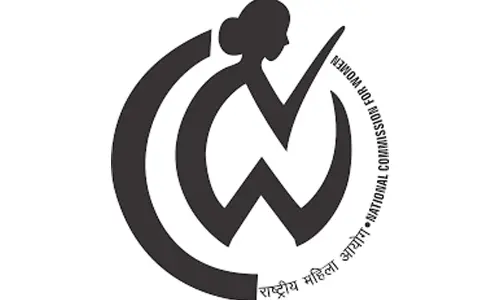India’s Commitment to Food Security
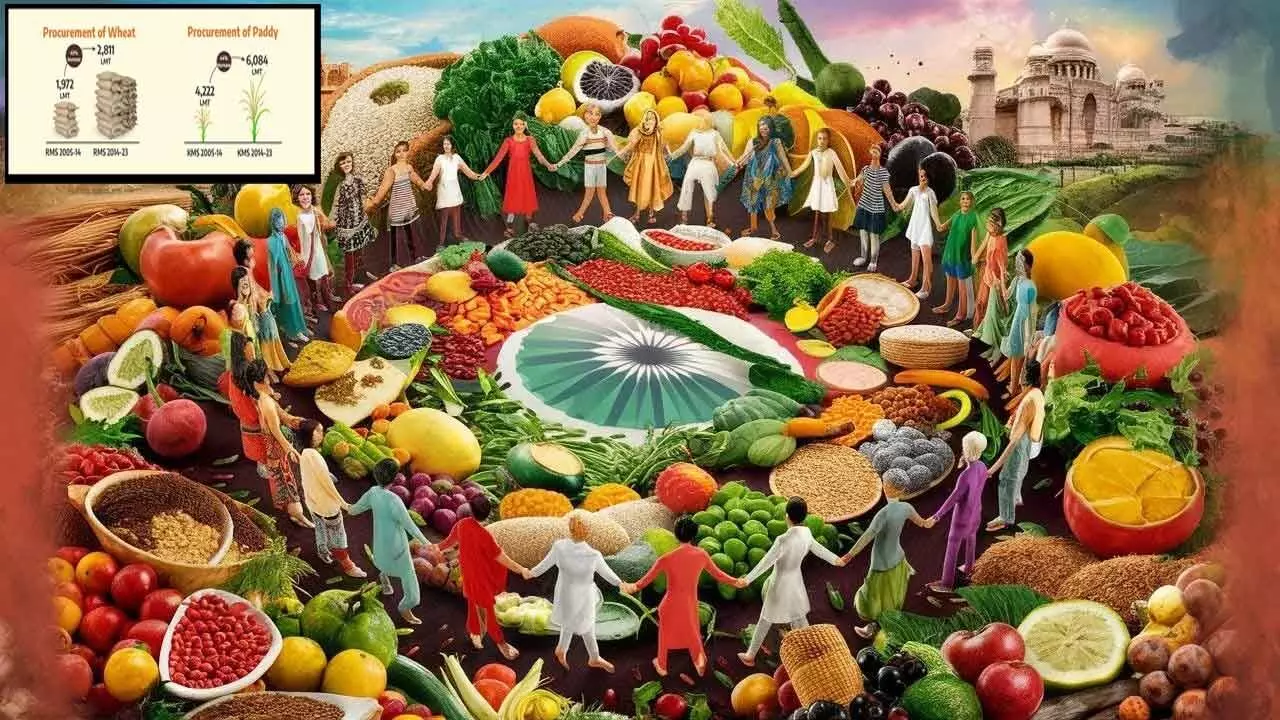
World Food Day, observed annually on October 16, has its roots in the establishment of the Food and Agriculture Organization (FAO) by the United Nations in 1945. Officially founded in 1979 during the FAO’s 20th General Conference, the day highlights global food security issues. The first celebration occurred in 1981 with the theme “Food Comes First,” and the United Nations General Assembly endorsed it in 1984.
World Food Day 2024 theme is “Right to Food for a Better Life and a Better Future.” Recognized by the Universal Declaration of Human Rights, the right to food is not merely about survival but about enabling individuals to live healthy, dignified lives. Addressing global hunger requires more than just increased food production; it demands sustainable agricultural practices, equitable distribution systems, and supportive social policies to reach those most in need.
India, home to a significant portion of the world’s population, has made remarkable progress in combating hunger and ensuring food security through a variety of programs and policies focused on malnutrition, poverty alleviation, and agricultural sustainability. In line with this year’s World Food Day theme, its efforts are pivotal in improving millions of lives. India’s diverse food security programs encompass national schemes and local initiatives targeting low-income families, children, and the elderly. Government various welfare schemes, showcase India’s commitment to tackling hunger and malnutrition effectively:
National Food Security Act (NFSA): This act ensures subsidized food grains for up to 75% of the rural population and 50% of the urban population, benefiting approximately 81 crore individuals, including 16 crore women.
Pradhan Mantri Garib Kalyan Anna Yojana (PMGKAY): Launched to assist the poor during the COVID-19 pandemic, PMGKAY will continue for an additional five years, providing free food grains to around 81.35 crore beneficiaries.
PM POSHAN Scheme: This scheme, designed to enhance the nutritional status of children in government schools, has a total budget of ₹12,467.39 crores for the fiscal year 2024-25, targeting hunger effectively. Antyodaya Anna Yojana (AAY): Focused on the most vulnerable, AAY supports over 8.92 crore individuals, ensuring food security and emphasizing women’s empowerment among its beneficiaries.
Rice Fortification: Between 2019-20 and March 31, 2024, approximately 406 lakh metric tonnes of fortified rice were distributed through the PDS, enhancing the nutritional intake of millions across the country.
Price Stability and Affordability Initiatives: The government has utilized the Price Stabilization Fund (PSF) to manage price volatility of essential commodities. Strategic measures include increasing the onion buffer and launching subsidized products like Bharat Dal, Bharat Atta, and Bharat Rice, ensuring affordability for lower-income groups.[6]
Indian Thali in Global Spotlight
The Indian Thali has gained global recognition recently with the WWF Living Planet Report acknowledging it for its remarkable contribution to nutrition and sustainability. The traditional Indian diet, largely plant-based, is centered around grains, pulses, lentils, and vegetables, which significantly reduce the use of natural resources and lower greenhouse gas emissions compared to animal-based diets. The report highlights that if the global population adopted India’s consumption patterns, we would only require 0.84 of an Earth by 2050 to sustain global food production. This recognition places India at the forefront of sustainable food practices, showing how local traditions can help tackle environmental challenges while promoting health for all.
Conclusion
India’s initiatives to tackle hunger and malnutrition reflect the nation’s commitment to ensuring food security and improving the quality of life for its citizens. Through comprehensive programs and policies aimed at boosting agricultural productivity, enhancing food distribution, and supporting vulnerable populations. India is making significant strides towards eradicating hunger. On World Food Day, these efforts underscore the country’s dedication to achieving the Sustainable Development Goals, particularly SDG 2: Zero Hunger. By continuing to innovate and invest in sustainable agricultural practices and social welfare schemes, India is not only addressing its own challenges but also setting a positive example for the global fight against hunger and malnutrition. (PIB)








